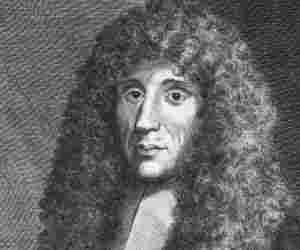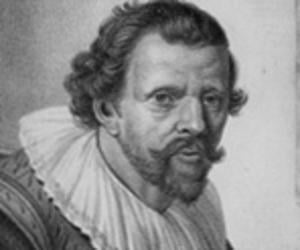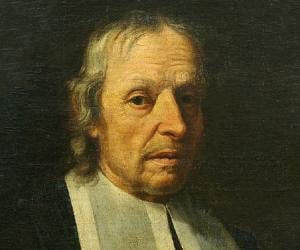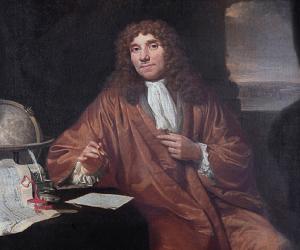Marcello Malpighi was forced to take up grammatical studies by his father but later earned doctorates in philosophy and medicine. Malpighi revolutionized medical science by discovering things such as taste buds, red blood cells, and the pulmonary and capillary network connecting veins and arteries. Many physiological features bear his name.
Seventeenth-century Dutch scientist Antonie van Leeuwenhoek, also known as the Father of Microbiology, is remembered as a pioneer of microscopy. His contribution to microbiology included the discovery of spermatozoa, bacteria, and muscle fibers. Though he had not authored any book, his letters to the Royal Society were later published.

Called the founder of experimental biology and father of modern parasitology, Italian physician, biologist, naturalist and poet Francesco Redi did the first major experiment to challenge spontaneous generation. His book Esperienze intorno alla generazione degl'insetti includes most of his famous experiments, while his poem book Bacco in Toscana is counted among the finest works of 17th-century Italian poetry.

Dutch naturalist Jan Swammerdam was the first to detect red blood cells. Though a qualified doctor, he never practiced medicine, and took to research instead. Known for his research on anatomy, he also revolutionized the study of insects, proving that the egg, larva, pupa, and adult are all the same organism.



